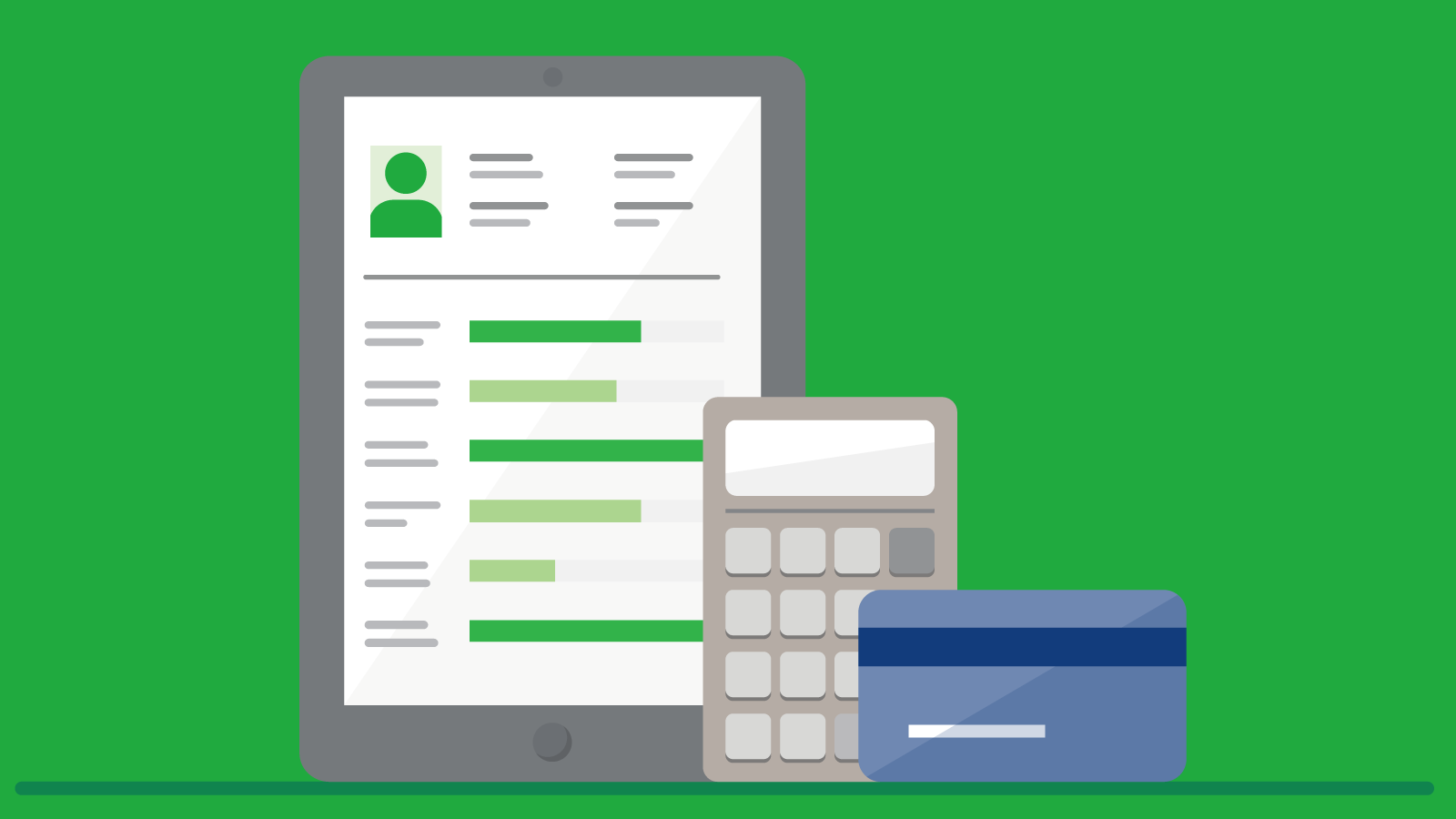

One of our key focuses at the CFPB is our work helping you “know before you owe,” whether that’s with your mortgage, your car loan, or the loans you’ll take out to cover college. As part of our work to empower consumers’ financial decision-making, we also want you to know about important consumer rights that protect you. One of these is the law that protects consumers from being discriminated against in the financial marketplace: the Equal Credit Opportunity Act (ECOA).
In October, we mark the anniversary of this important civil rights law. To celebrate the anniversary, we will publish two blogs to help educate you about ECOA.
ECOA is a federal civil rights law that protects you from being discriminated against by lenders, based on any of the following reasons:
For example, a lender generally can’t deny loan applications or charge higher costs, like a higher interest rate or higher fees, for any of the reasons on the above list. ECOA applies to various types of loans including car loans, credit cards, home loans, student loans, and small business loans.
ECOA was passed at a time when discrimination against women applying for credit was common. For example, mortgage lenders often discounted a married woman’s income, especially if she was of childbearing age. Things weren’t much better for single women, either. Organizations that lobbied for the passage of ECOA also claimed that mortgage lenders were more likely to deny credit to single women relative to other applicants.
Congress originally passed ECOA in October of 1974. When it was enacted, ECOA prohibited lending discrimination based on sex or marital status.
Not long after the original law was passed, in March of 1976 Congress amended the law to further prohibit lending discrimination based on race, color, religion, national origin, age, the receipt of public assistance income, or exercising one’s rights under certain consumer protection laws.
Here’s an instance of possible credit discrimination: You apply for a loan and receive Social Security Disability Insurance (SSDI)—which is a form of public assistance income—and the lender refuses to lend to you if you do not provide a note from a doctor about the likely duration of your disability—that may be illegal.
Before the CFPB opened its doors in 2011, the Federal Reserve Board had the job of writing rules to implement ECOA. These rules are written to make sure that consumers are protected and that lenders know how to avoid discrimination in lending. When the CFPB was created, the job of writing most of those rules was transferred to us.
Besides writing rules to implement ECOA, at the CFPB we supervise institutions like banks and lending companies to ensure they are following the law. We also promote the development of markets for consumer financial products and services that are fair and nondiscriminatory.
When we supervise an institution to make sure it is not discriminating, we often visit the institution itself and review its records, conduct analyses of lending outcomes, review consumer complaints, and interview the lender’s employees and officers. The CFPB shares the job of supervising for compliance with ECOA with other federal agencies, including the Office of the Comptroller of the Currency
When appropriate, the Bureau also takes public enforcement action under ECOA to hold financial institutions accountable for their actions that violate ECOA. The CFPB shares the job of enforcing ECOA with other federal agencies, including those listed above, as well as the Department of Justice
. We all work together to ensure that institutions are following the law.
Finally, the voices of consumers remain foundational to the Bureau’s work. If you are having a problem or issue with a financial service or product you can submit a complaint online or by calling us toll-free at (855) 411-2372, where we provide services in more than 180 languages. If you don’t want to submit a complaint, you can also share your story, good or bad, about your experience with a financial product or service.
Our next blog in this series will dive deeper into examples of lender practices that might violate the Equal Credit Opportunity Act. Check back soon to learn more about what you can do and what we are doing to protect you from discrimination in the financial marketplace.
Join the conversation. Follow CFPB on X (formerly Twitter)